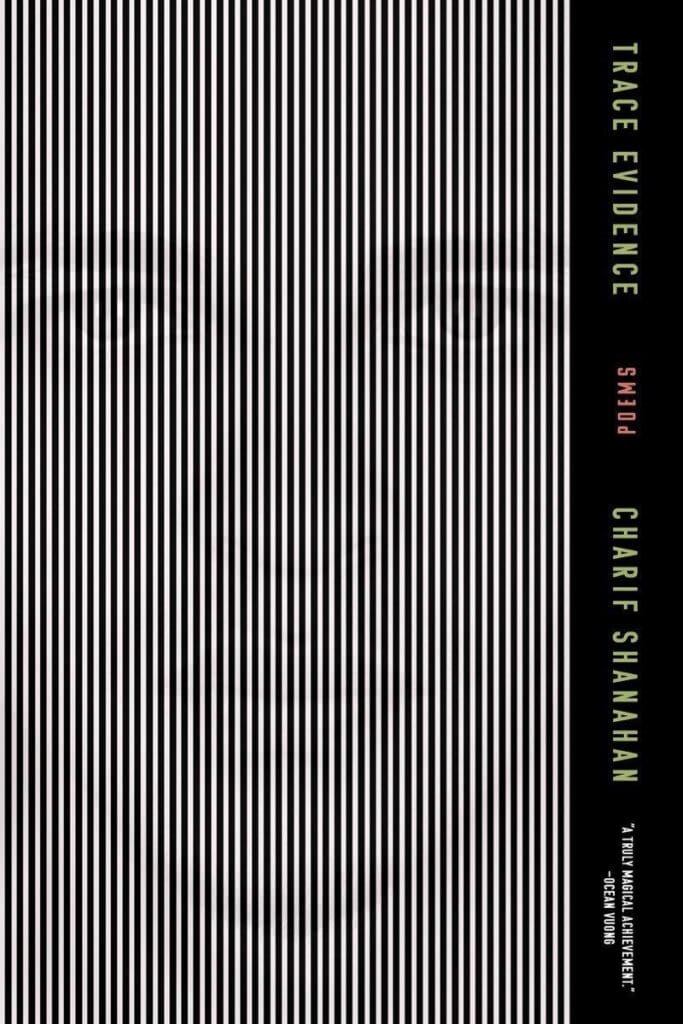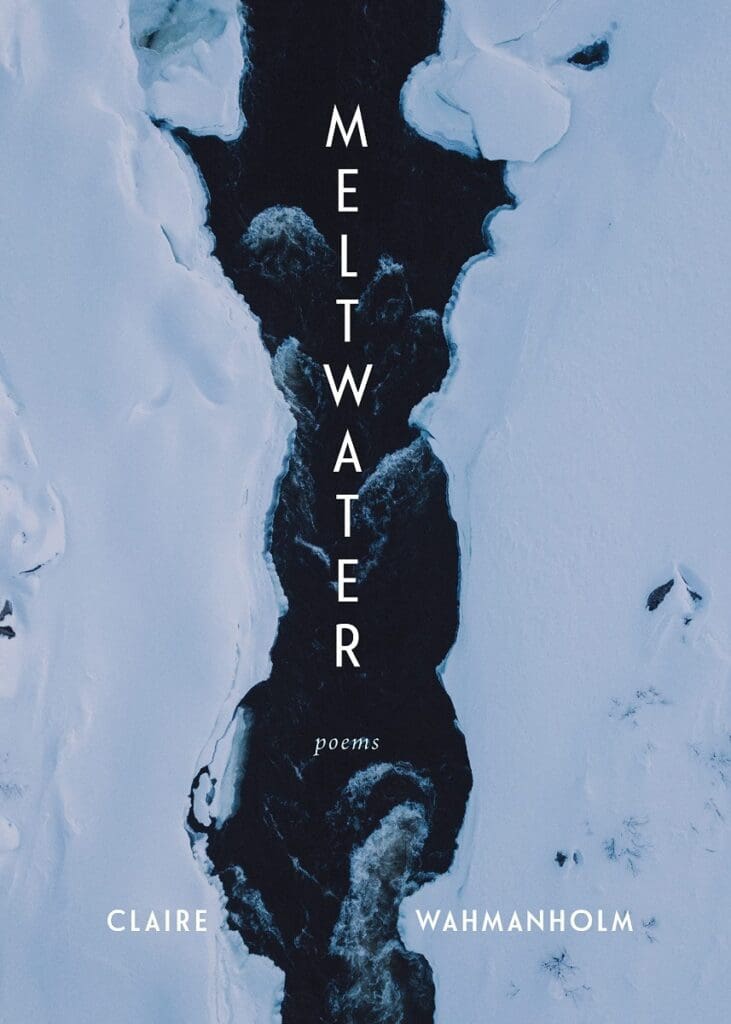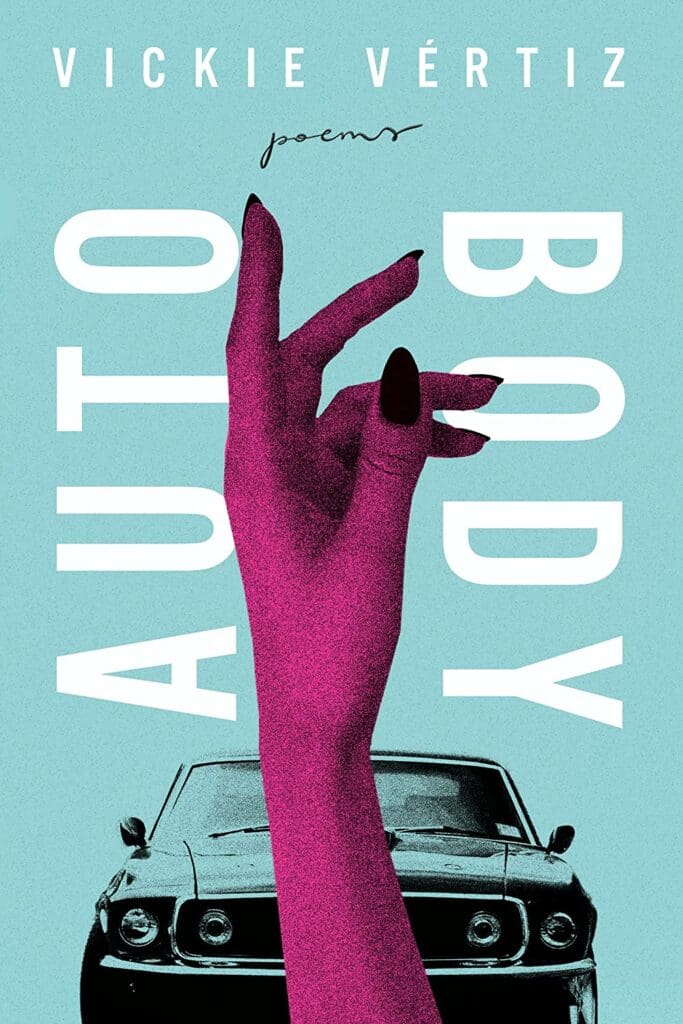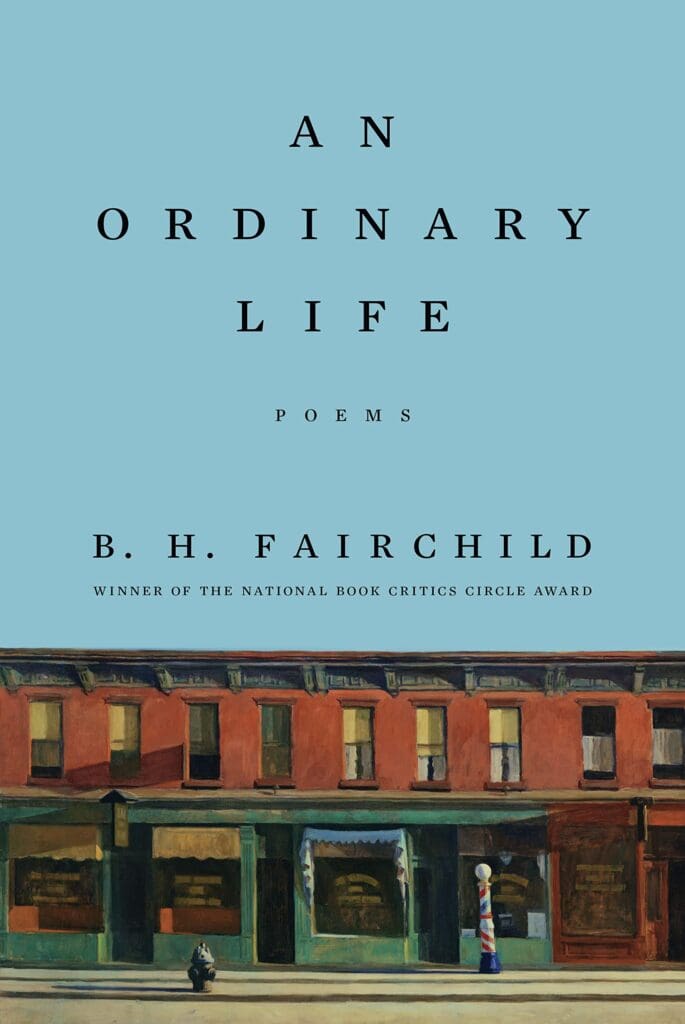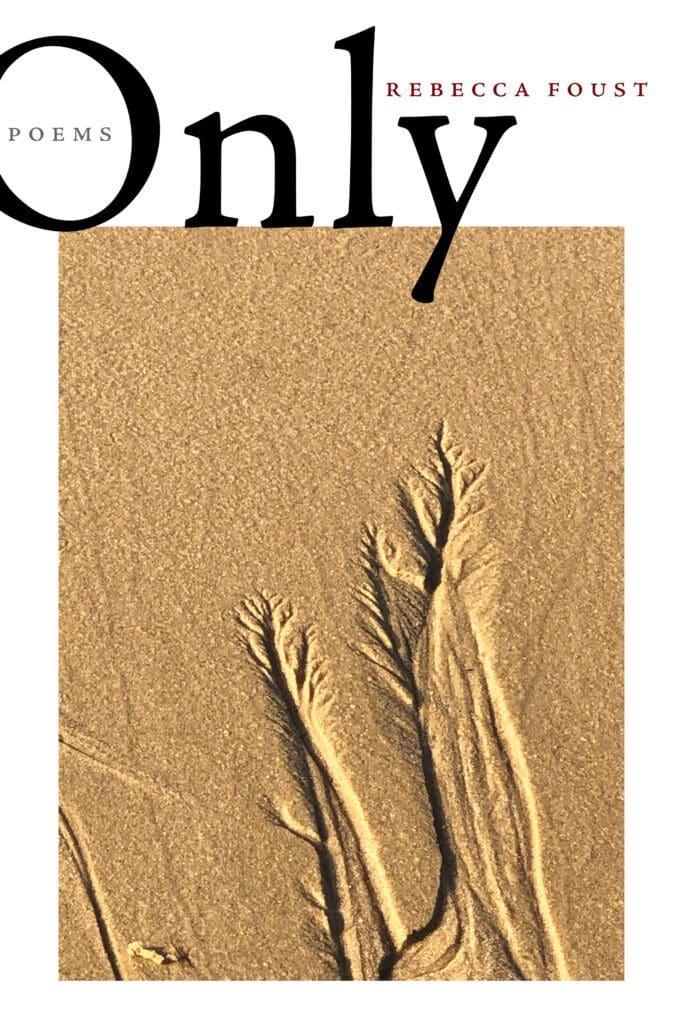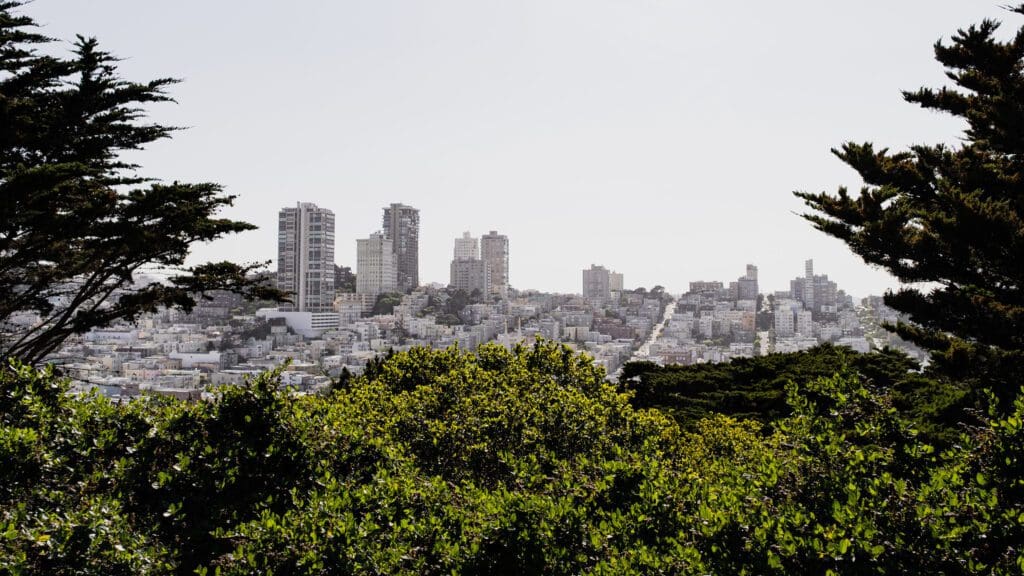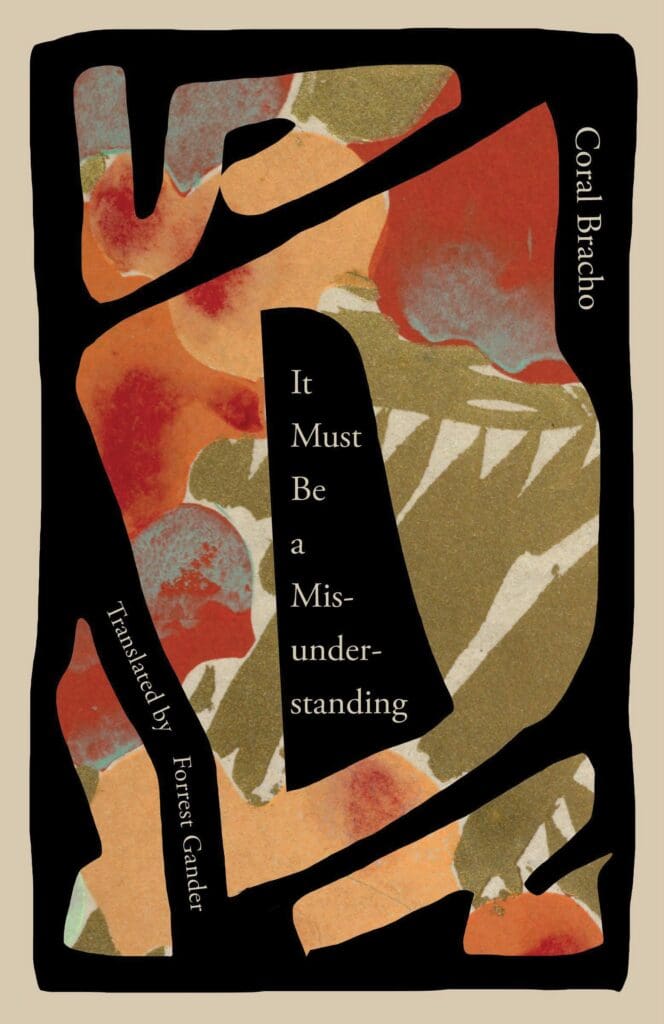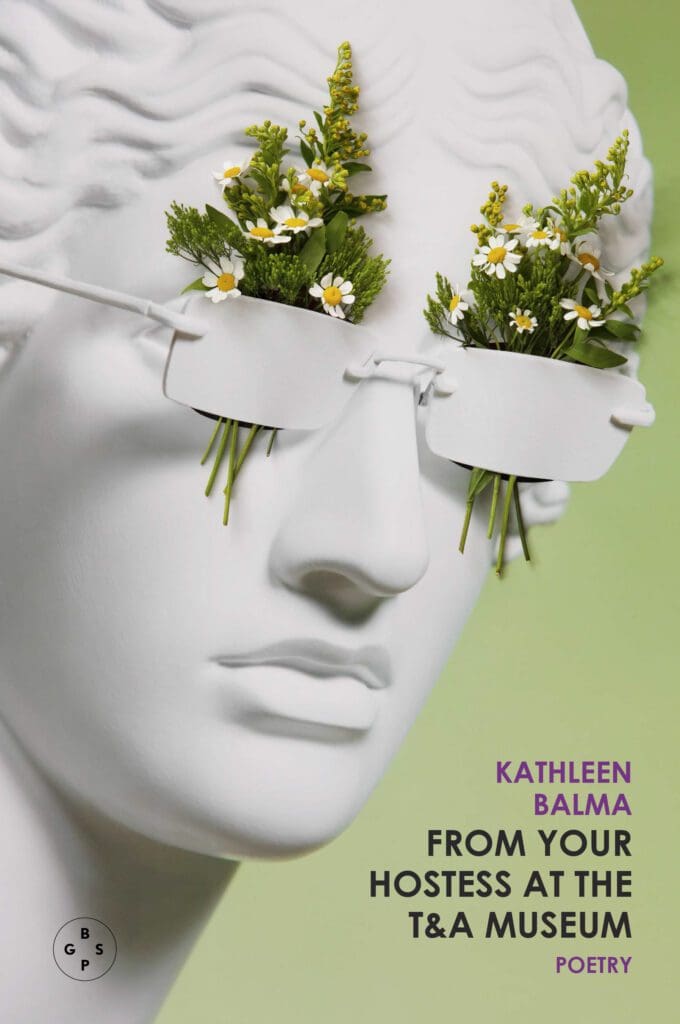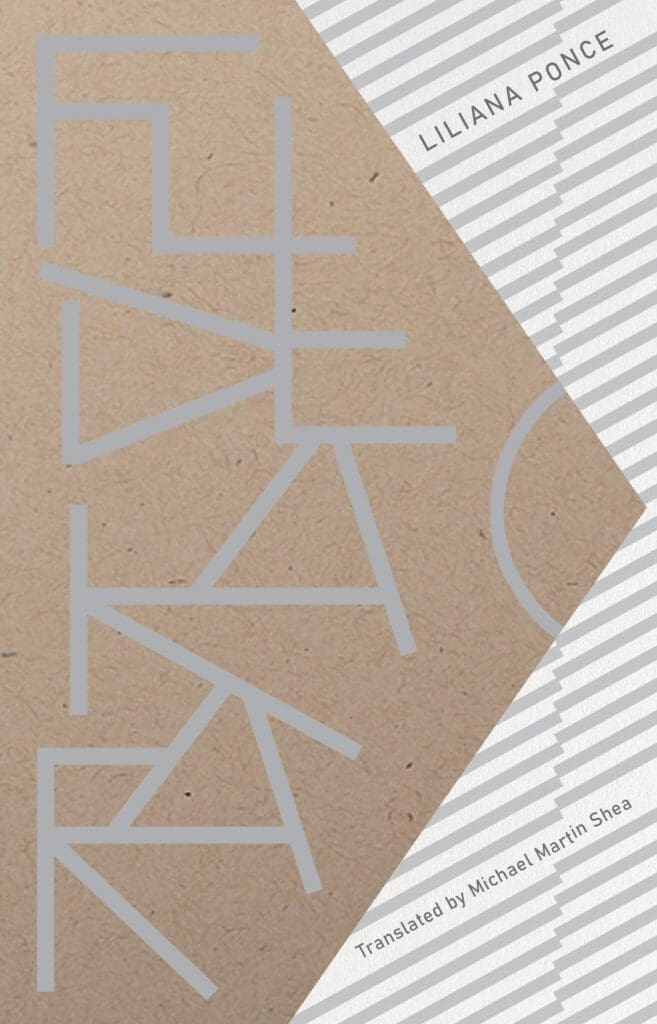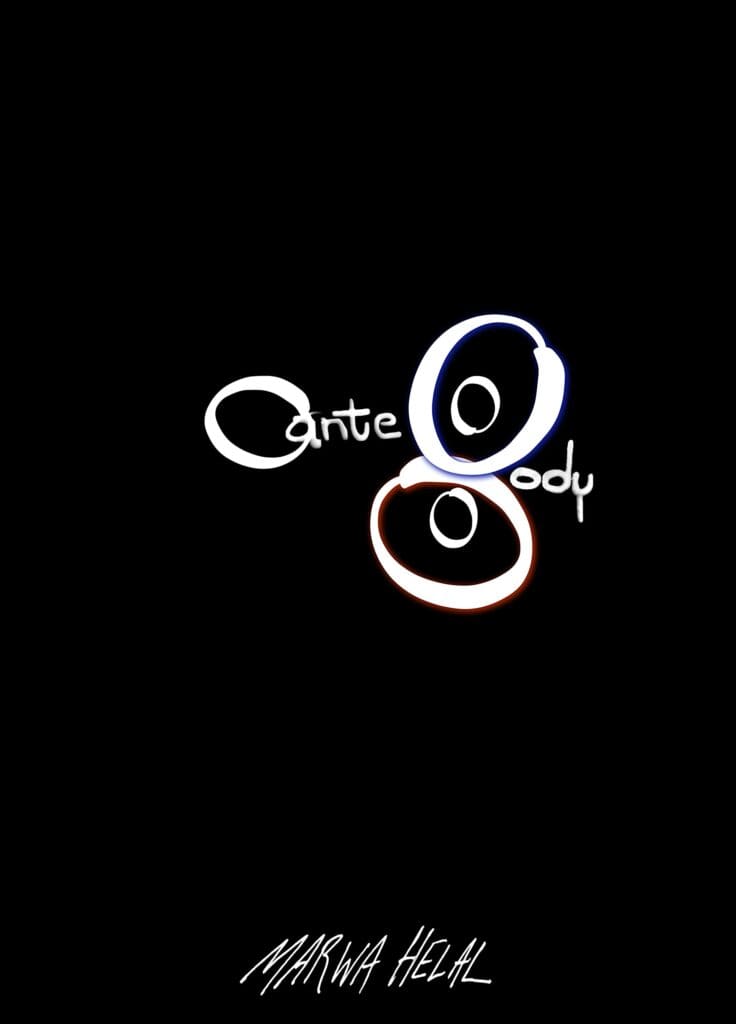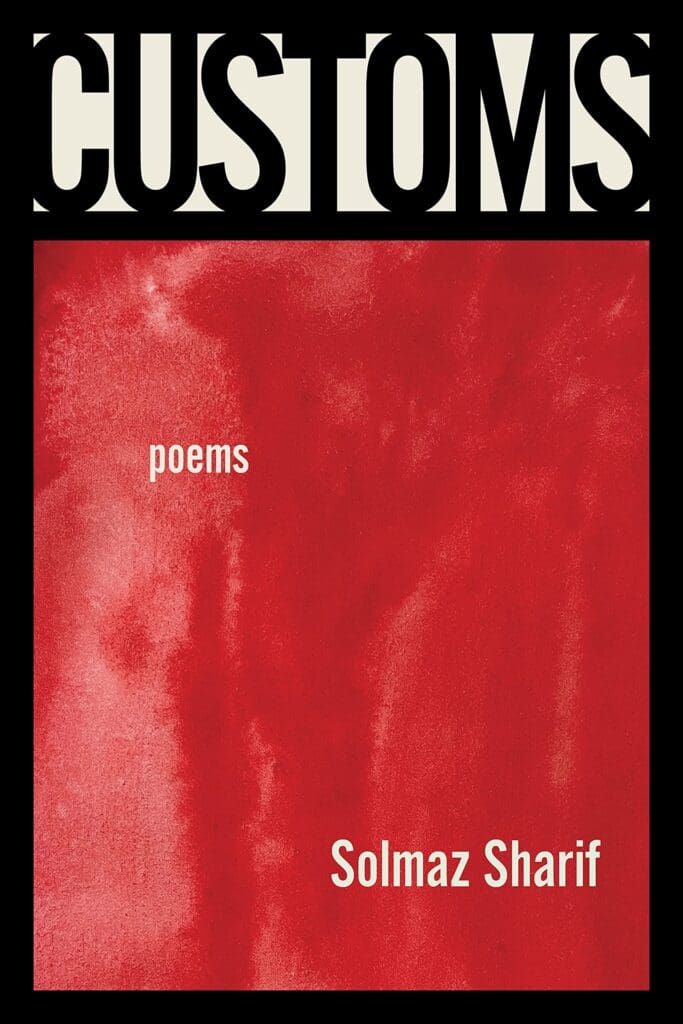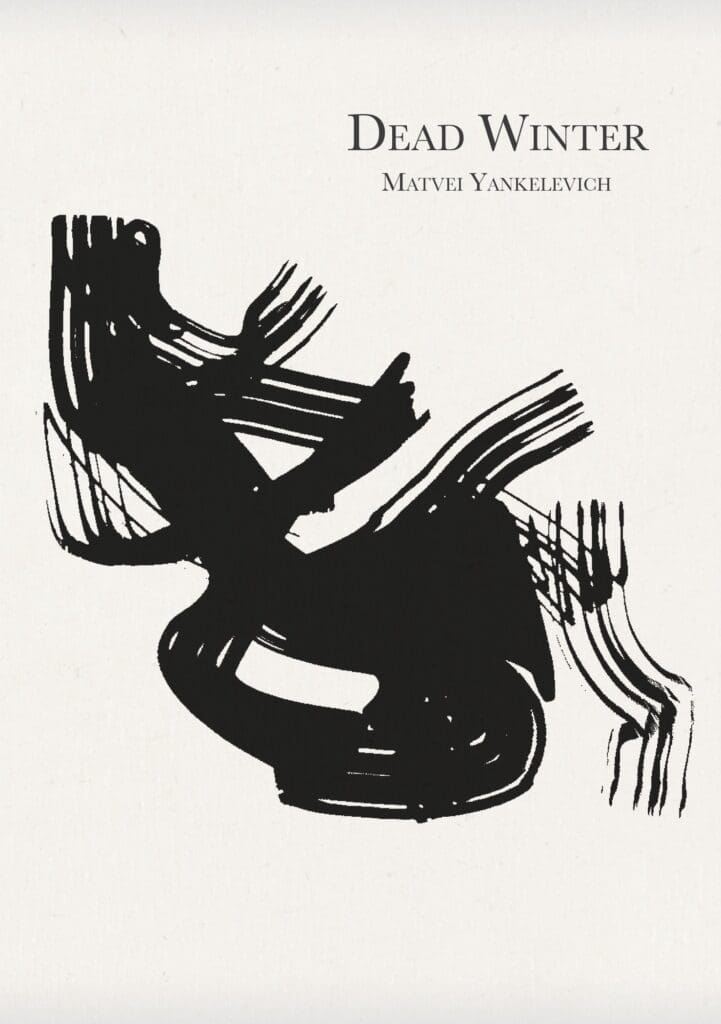Trace Evidence (93 pages; Tin House Press) is the second collection of poetry by Charif Shanahan, author of Into Each Room We Enter Without Knowing. These poems use language and form to peel back elements of Shanahan’s identity and show how markers like nationality, race, and sexuality intersect within one’s lived experience. The poems feel deeply personal yet rooted in the universal as Shanahan raises profound questions about human nature and what it means to feel displaced in the world. Born in the Bronx to an Irish American father and Moroccan mother, Shanahan— a professor at Northwestern University— discusses his […]
‘Trace Evidence’ by Charif Shanahan: Worlds Apart
by Valerie Braylovskiy
